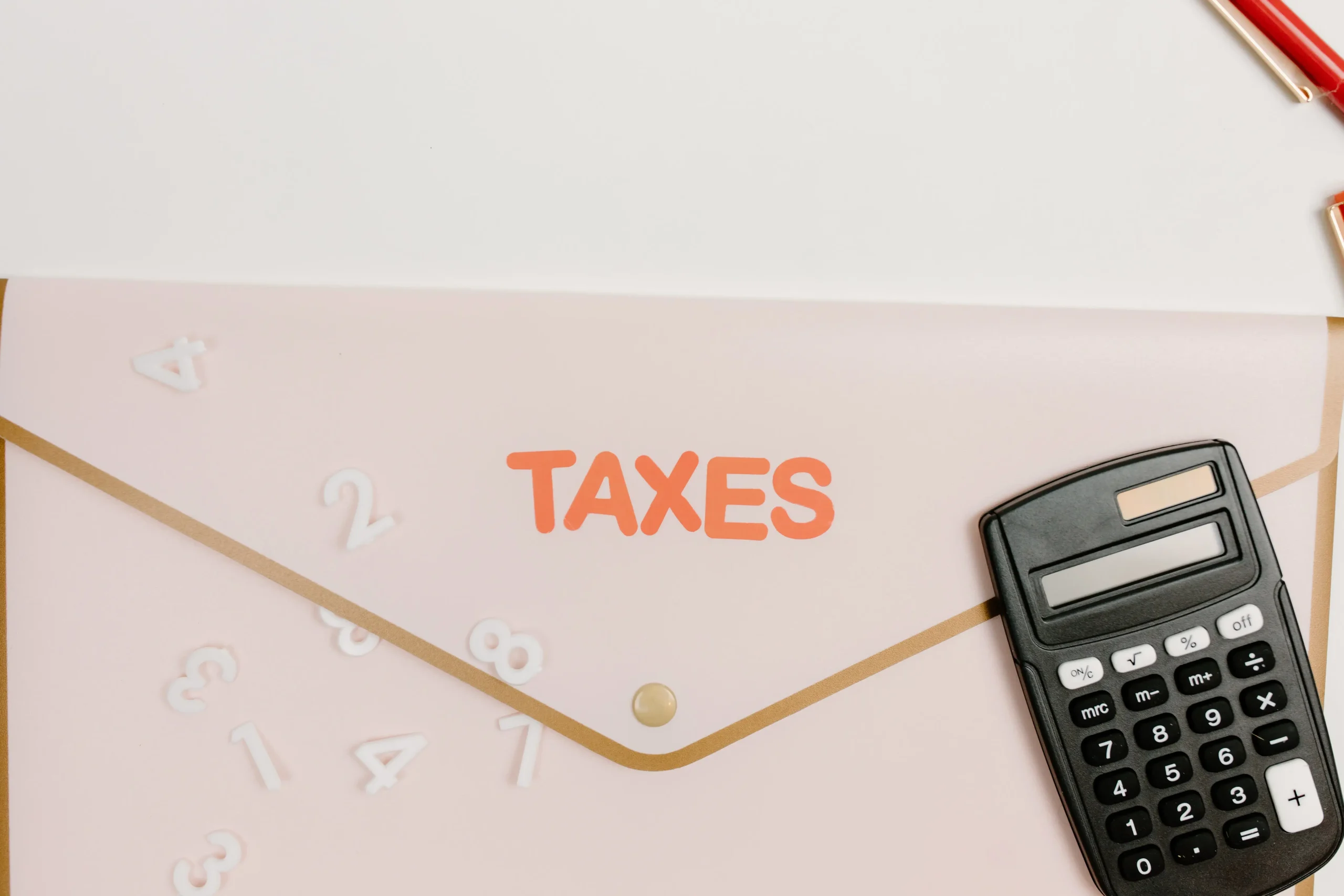Singapore had a Taxation system in the early days of its establishment as a British colony in the 19th century. The first Income Tax was introduced in 1947, which applied on the income of individuals and companies.Singapore has low tax rates as compared with other countries.
Singapore’s tax system is designed to be simple, with clear guidelines and procedures to ensure compliance. Singapore adopts a territorial basis of taxation, its mean businesses are taxed only on Singapore-sourced income. Singapore’s government also offers incentives and schemes to support businesses and individuals in Singapore.
Persons, including corporations, trustees and bodies of persons carrying on any trade, business or profession in Singapore are chargeable to tax. The purpose of this guide is to provide a general overview of taxes in Singapore and tax rates.
Also see our Singapore GST Calculator
Types of Taxes in Singapore
- Income Tax – Chargeable on income of individuals and businesses.
- Property Tax – Levied on the owners of properties based on the expected rental values of the properties.
- Estate Duty – Abolished on February 15, 2008.
- Motor Vehicle Taxes – Taxes other than import duties, levied on motor vehicles. These taxes are levied to curb car ownership and road congestion.
- Customs and Excise Duties – Singapore has free port and relatively low fee on customs and excise. Excise duties are levied principally on tobacco, petroleum products and liquors. Also, very few products are subject to import duties.
- Goods & Services Tax (GST) – GST is paid when you consume Goods and Services Tax, including imports. This kind of indirect tax is also known as Value Added Tax (VAT) in other countries.
- Betting Taxes – Duties on private lottery, betting & sweep-stake.
- Stamp Duty – Stamp duty is levied on legal and commercial documents relating to stock and immovable properties.
- Others – Two main taxes are the foreign worker levy and the airport passenger service charge. The foreign worker levy is imposed to regulate the employment of foreign workers in Singapore.
Also read about: Singapore Tourist Refund Scheme
Current Tax Rates in Singapore
Corporate Tax Rates
| Income | Tax Rate |
| Corporate profits Tax rate up to 300,000 SGD | Effective tax rate at 8.5% |
| Corporate profits Tax rate profits above 300,000 SGD | 17% |
| Tax rate on capital gains accrued by the company | 0% |
| Tax rate on dividend distribution to shareholders | 0% |
| Foreign-sourced income tax rate not brought into Singapore | 0% |
| Foreign-sourced income tax rate brought into Singapore | 0 – 17% subject to conditions |
Personal Tax Rates
| Income | Tax Rate |
| Tax rate on first 20,000 | 0% |
| Tax rate on next 10,000 | 2% |
| Tax rate on next 10,000 | 3.5% |
| Tax rate on next 40,000 | 7% |
| Tax rate on next 40,000 | 11.5% |
| Tax rate on next 40,000 | 15% |
| Tax rate on next 40,000 | 18% |
| Tax rate on next 40,000 | 19% |
| Tax rate on next 40,000 | 19.5% |
| Tax rate on next 40,000 | 20% |
| Tax rate on above 320,000 | 22% |
| Tax rate on capital gains | 0% |
| Tax rate on dividends received from Singapore company | 0% |
Singapore Income Tax System – Key Facts
- Singapore follows a territorial tax system. In simple words, an individual or business only pays the tax when the income source is mainly Singapore. Foreign sourced income will be taxed when it is remitted into Singapore unless the income was already subjected to taxes in a jurisdiction with headline tax rates of at least 15%.
- Singapore corporate tax is 17%. To keep corporate rates competitive, Singapore continues to attract a good share of foreign investment. Where tax is only paid by a company on its profits and dividends are tax free.
- Singapore personal tax rates is between to 0% to 22% (above S$320,000) for residents and a flat rate of 15% to 22% for non-residents.
- To increase the resilience of taxes as a source of government revenue, the Goods and Services Tax (GST) was introduced in 1994. The current GST rate is 8%.
- For personal taxes, the year of tax calendar is normal i.e. January 1 – December 31. Deadline and filing tax return is April 15. For corporate taxes, a business is free to decide its tax year, and filing tax return is 30 November.
FAQs
Conclusion
Singapore’s tax system is efficient and supportive of businesses and individuals. With low tax rates Singapore is known as tax-friendly country. However, it is important to note that tax rules and regulations are change frequently and individuals and businesses are advised to stay up-to-date.




